Bloating
Struggling with bloating? Here’s what you need to know to find relief.
ALL TEST ARE ACCREDITED & REGULATED BY
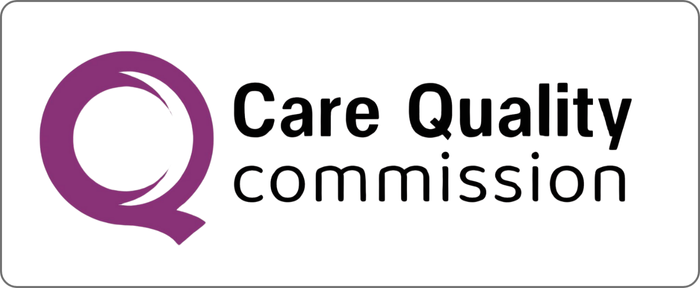


What is bloating?
When you’re bloated, your stomach or abdomen can feel full and uncomfortable, or even painful.
This bloating happens when your gastrointestinal tract contains too much gas or air. Bloating can be mild, or more severe, and may present as:
– A visibly distended or swollen abdomen
– Feeling very full and uncomfortable
– Feeling of tightness in the abdomen
– Excess gas – belching and/or flatulence
– Rumbling or gurgling
There are several causes of bloating, so it’s important to diagnose the cause of your bloating and find out why it’s happening to you.

Why does bloating happen?
Prolonged periods of bloating could indicate an underlying health problem, if so you should see your GP.
Possible causes can include:
Irritable bowel syndrome (IBS diagnosis)
Ulcerative colitis, a form of inflammatory bowel disease (IBD), where the inner lining of the large bowel is inflamed and develops ulcers
Crohn’s disease, the other form of IBD, where some parts of your colon are inflamed
Too much bacteria in your small intestine (called small intestinal bacterial overgrowth, or SIBO)
Gastroesophageal reflux disease
Food intolerances, especially lactose or fructose intolerance
Producing too much gas (dysbiosis and fermentation)
Weight gain
Stress or anxiety
Delays in your food and drink moving on from your stomach (called gastroparesis)
Eating too quickly, so that you swallow too much air (called aerophagia)

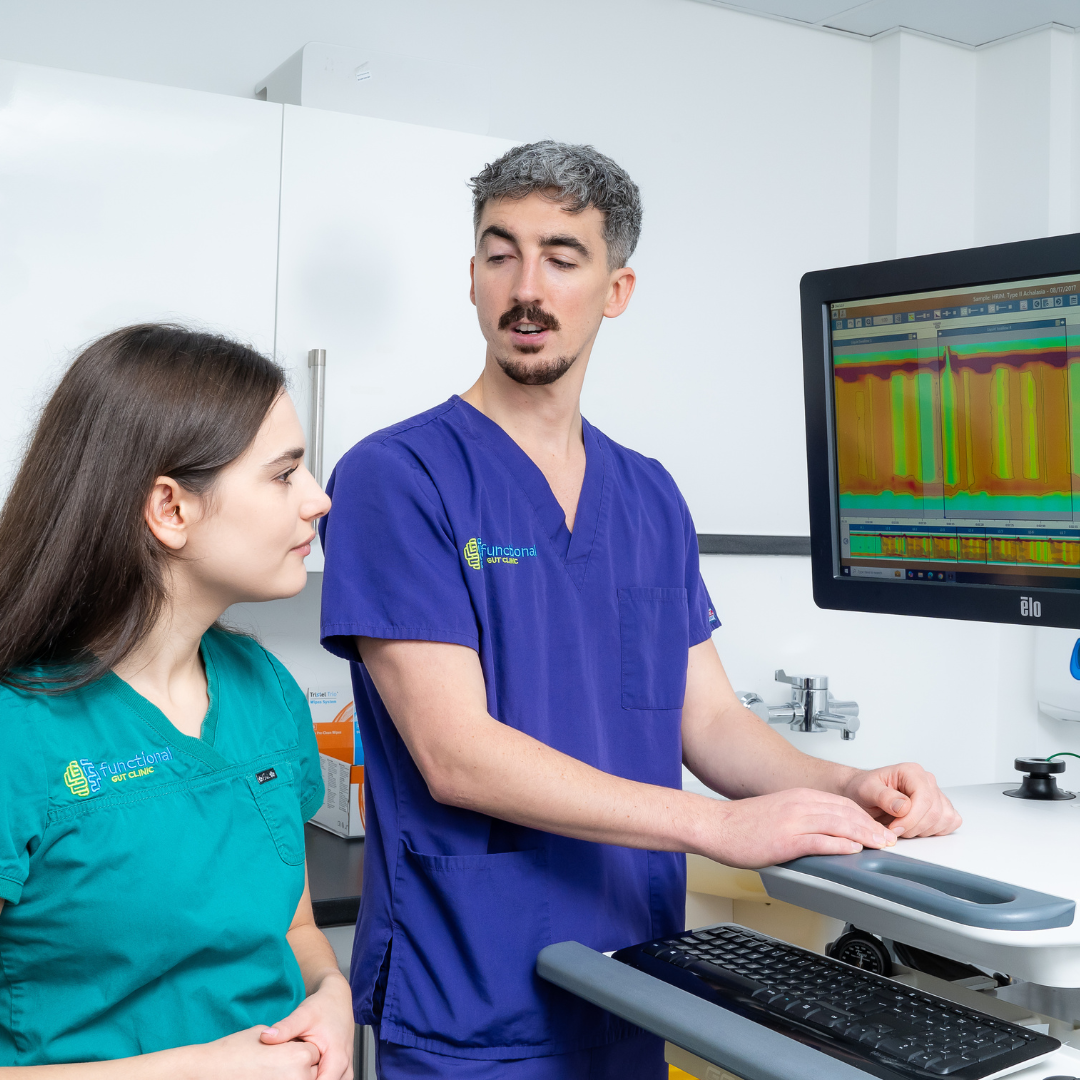
Diagnosing bloating
Feeling bloated is no fun, but once you know what’s going on you can start to manage your symptoms and the underlying causes.
Testing options:
At the Functional Gut Clinic, we can run the following tests to diagnose the causes of bloating:
Gastric emptying test– which measures how quickly food leaves your stomach
Carbohydrate malabsorption breath test– which finds out if you have certain food intolerances (lactose or fructose)
Small intestinal bacterial overgrowth (SIBO) breath test– which finds out if you have an overgrowth of bacteria in your small intestine (called SIBO)
Oesophageal manometry– which measures the function of your oesophagus (food pipe)
24-hour pH impedance monitoring– which looks at whether you have any reflux
Colonic transit study-a non-invasive test which looks at how long it takes for faeces to pass through your bowl
Learn more about bloating

Can Dehydration Cause Heartburn & Indigestion
When we talk about the causes of heartburn, we often focus on diet, smoking, hiatus hernias, and eating large meals. Common culprits like fatty foods, spicy foods, and caffeine are at the forefront of lifestyle changes. But is there a connection between dehydration and heartburn?
Sometimes, it feels like everywhere you go, you’re being told to drink more water. That’s not just a marketing ploy by bottled water companies. Around 50-75% of people are chronically dehydrated. Most people rely on caffeinated beverages, like tea or coffee, or worse, sugary drinks, as their main source of hydration.
The problem? This can exacerbate the signs of heartburn, triggering further dehydration. Coffee, for example, is a diuretic.
So, does dehydration cause heartburn? And what can you do about it?
The Connection Between Dehydration and Heartburn
In short, dehydration can cause heartburn.
Water is essential for life. Almost every single bodily process relies on water, including digestion. When we’re dehydrated, the body begins to slow down like an engine low on oil.
When you’re dehydrated:
Your body produces less saliva, which normally helps neutralise stomach acid and wash it back down into the stomach.
The mucus lining of your oesophagus and stomach can become thinner, making tissues more sensitive to acid.
Low fluid intake can also slow digestion, increasing the chance of reflux as food and acid stay in the stomach longer.
So, dehydration doesn’t directly cause acid reflux. But it can make your existing reflux worse or tip you over the line into a reflux episode. Being well-hydrated can reverse these problems, letting your body repair itself and function at its optimum.
Why Dehydration Causes Heartburn?
Dehydration affects every system in your body. Your digestive system, in particular, relies on water at each stage of the process.
In your mouth, water is present in saliva. Saliva contains bicarbonate, which naturally neutralises stomach acid. The less you salivate, the lower your stomach pH becomes (the more acidic it gets). That also means there’s less protection for your oesophageal lining — so the burning sensation lasts longer.
In your stomach, the protective mucus starts to thin. This mucus is made up of special proteins and water. If there’s less water, it becomes thinner and less effective. That opens the door to acidic irritation, reflux, and heartburn.
Finally, there’s simply a dilution aspect. If you add water, it becomes less acidic. The same is true in your stomach. If your primary source of hydration is coffee or tea, these slightly acidic liquids can exacerbate rather than soothe the situation.
Does Water Help Heartburn?
Yes.
Drinking water during a heartburn episode will provide some relief from symptoms. It often isn’t enough to completely reverse the episode, but it can help.
Over the medium-to-long term, drinking plenty of water will reduce the prevalence of symptoms. It increases your saliva and mucus production, protecting your upper digestive system.
But we should talk about the kind of fluid you’re drinking. Often, if you rely on just water, your kidneys quickly filter it out. Consuming water with a meal or adding a little salt, sugar, and lemon juice can ensure your body holds onto the water – but don’t go overboard!
How Much Water Do You Need?
For most healthy adults, a good general target is about 2 to 2.5 litres of water per day — that’s roughly 8 to 10 glasses.
What people often misunderstand about this target is that most of your water intake comes from food. For example, foods like cucumber, watermelon, and leafy greens are water-rich. Moreover, lots of common dishes contain lots of water mixed with nutrients, helping to increase absorption.
Just drinking water alone — while important — usually isn’t sufficient for optimal hydration.
You might need to drink more water depending on:
Body size and activity level. Bigger people require more water to stay hydrated as they have more cells. Active people who sweat more also need more water — up to 3 litres per day is not uncommon.
Environment. If you live in a hot or dry climate, fluid loss increases.
Diet. High-salt or high-protein diets require more water.
Health conditions. If you’ve got a fever, diarrhoea, vomiting (or take certain diuretics), your water requirements are higher.
The best indicator of your hydration level is the colour of your urine. Pale yellow or clear indicates good hydration. Darker yellow means you need more fluids. Don’t drink all your water in one go though — it’s best to sip throughout the day.
Get Your Heartburn and Hydration Checked
If you’re struggling with frequent heartburn or indigestion, dehydration could be part of the problem — but it’s rarely the whole story.
The Functional Gut Clinic offers specialist testing to uncover the root cause of your reflux symptoms, from oesophageal pH monitoring to full digestive health assessments.
Find out what’s really driving your heartburn. Book your heartburn and reflux assessment today.
Hear from people we’ve helped, just like you.
"Very professional while welcoming and friendly"
"The manner and demeanour of all staff from reception to people carrying out the test was very professional but welcoming and friendly. Atmosphere is very relaxed and all instructions clear and concise."
London Patient

"Highly recommend this"
"Thanks to Dr Hobson and everyone at the Functional Gut Clinic. The whole team is very kind and generous and they are doing things that are cutting edge and they actually get results."
Manchester Patient

"Highly recommend this"
"After stopping my lansoprazole, every time I had a warm drink, I could feel it burn all the way down to my stomach. Thank you to Sam for making me feel at ease." - Manchester Patient

"My experience could not be better"
"Pleasant and knowledgeable staff that made the experience more enjoyable than it should be!" - London Patient

"Very friendly and knowledgeable"
"An excellent service from beginning to end. I would recommend to anyone who was considering having testing done. Very friendly and knowledgeable!" - Manchester Patient

"Very kind and helpful"
"It was also great to have time to talk to the clinicians – very important when you have problems. Reception staff also very kind and helpful." - Manchester Patient

Are you experiencing any other symptoms
Symptoms are often closely connected. Find out more below.
Reflux
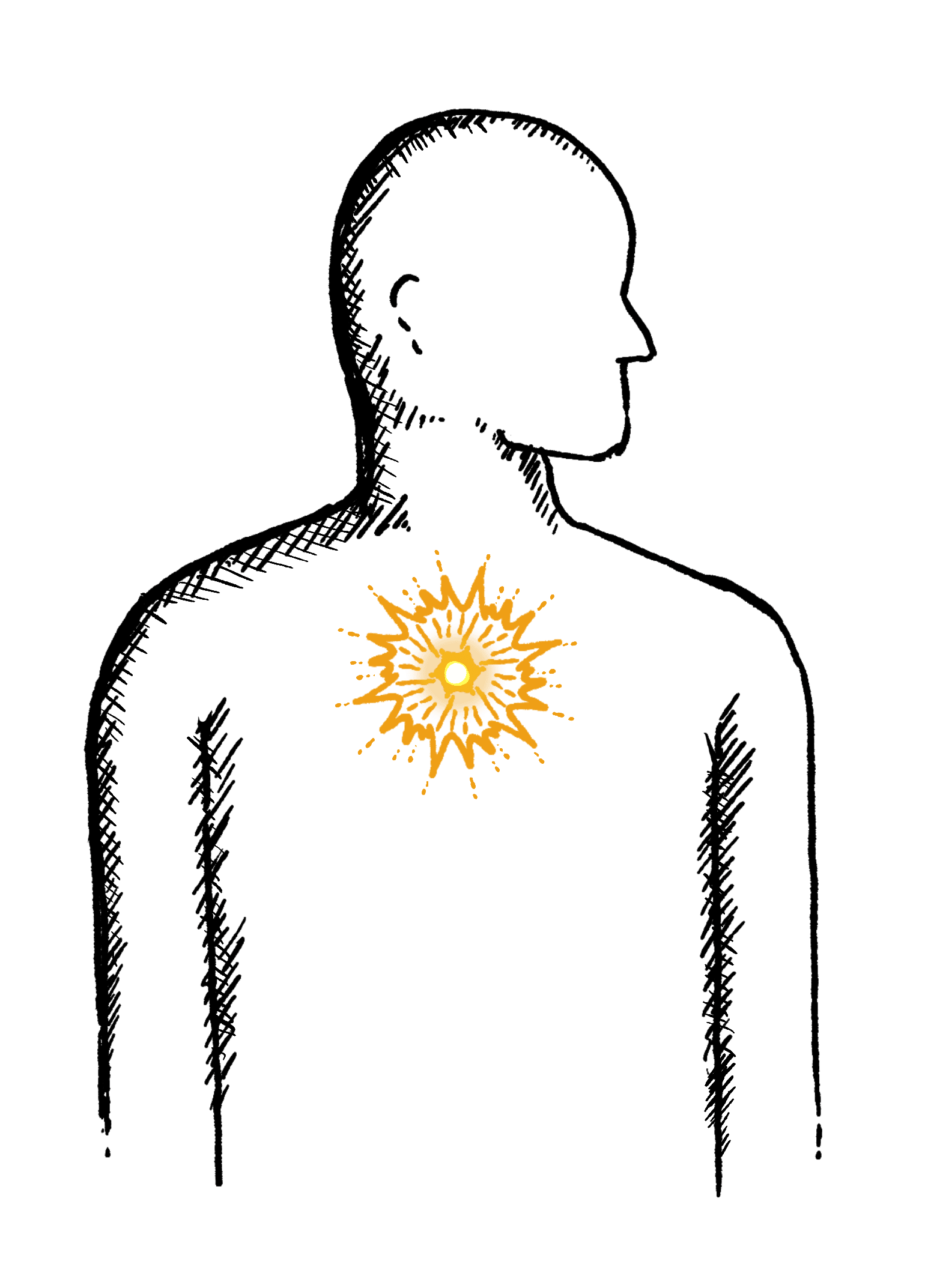
Burning mid-chest, worse when bending or lying down
Constipation
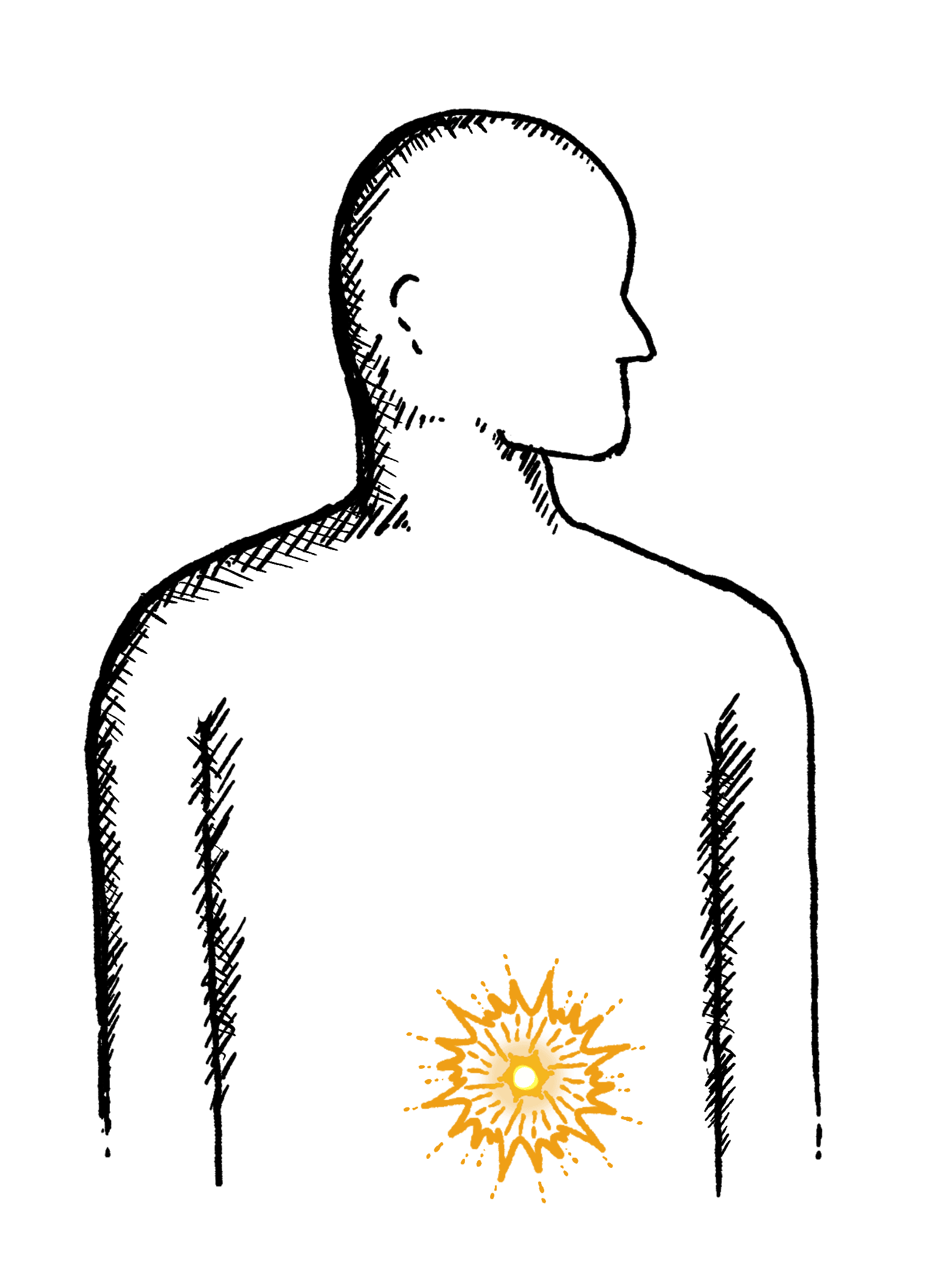
Difficulty going to the toilet, unusual stools, often with stomach ache or intestinal cramps, bloating, nausea or appetite loss
Heartburn

A burning pain in your chest, just behind your breastbone.
The pain is often worse after eating...
Regurgitation
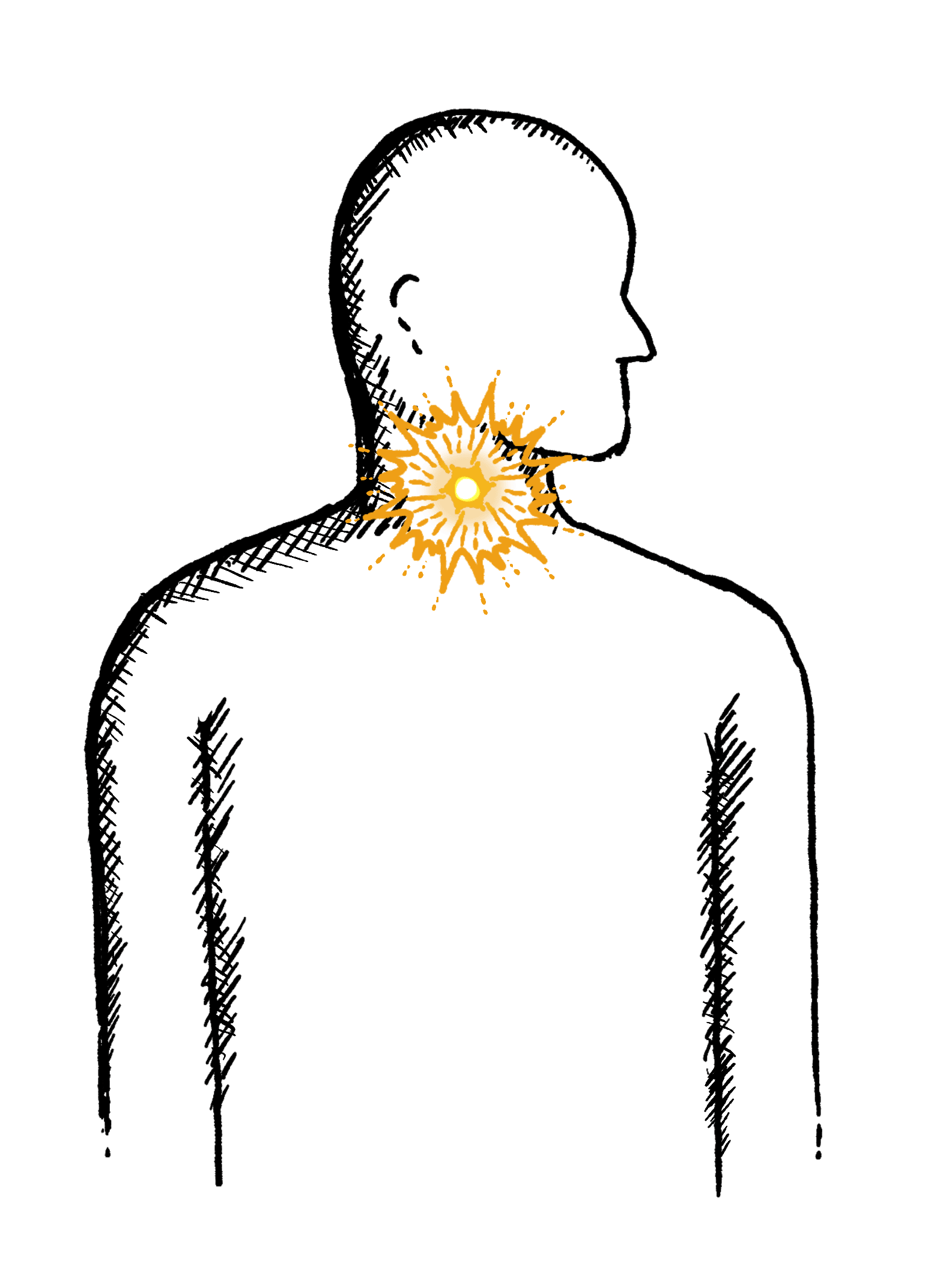
Bringing food or drink back up, difficulty swallowing, feeling that food or drink is stuck in your throat, horrible taste in your mouth
Swallowing Issues

Dysphagia - difficulty swallowing, feeling that food or drink is stuck in your throat, horrible taste in your mouth
Diarrhoea
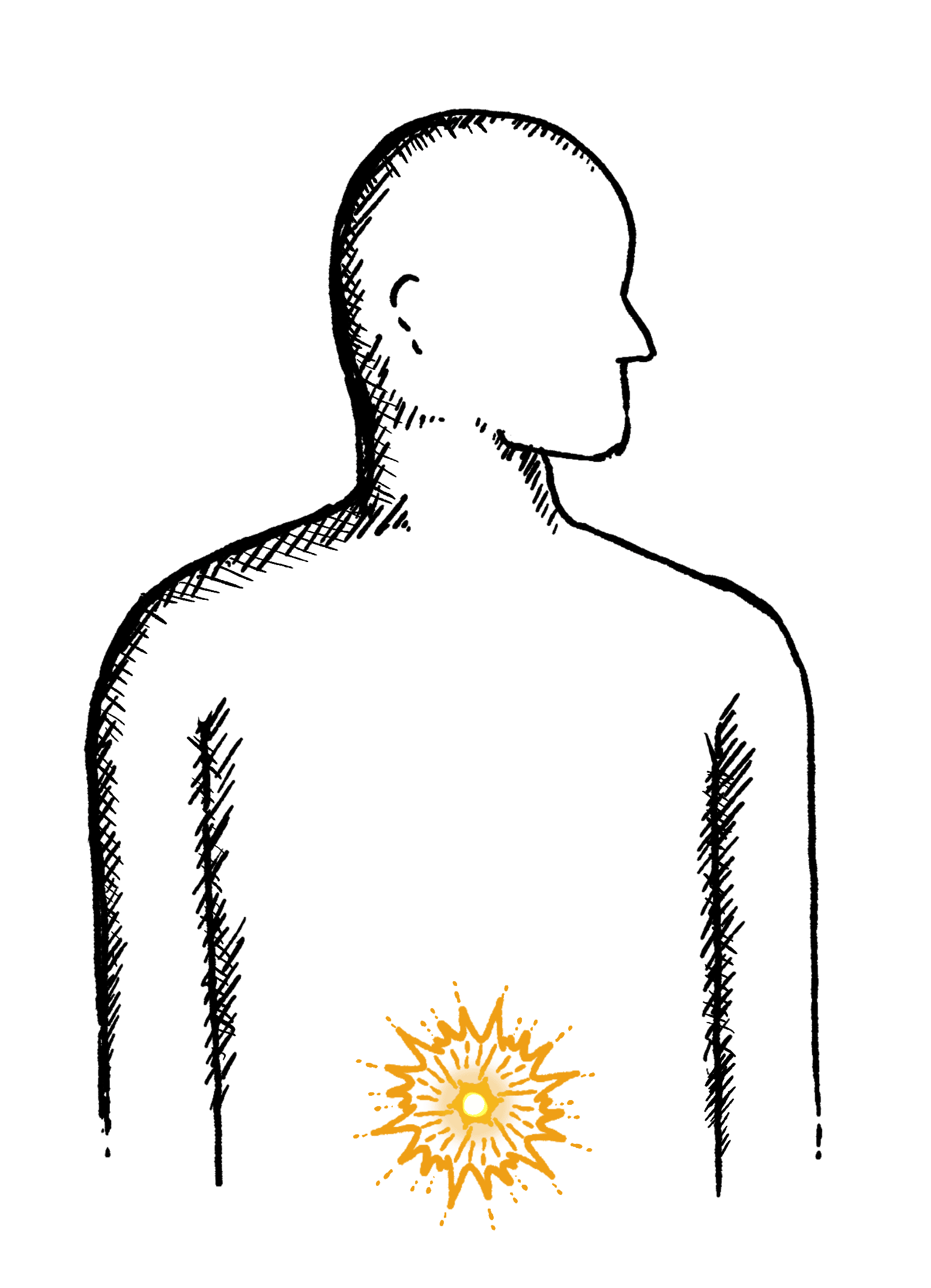
Loose or explosive stools, can’t get to a toilet in time
Abdominal Pain
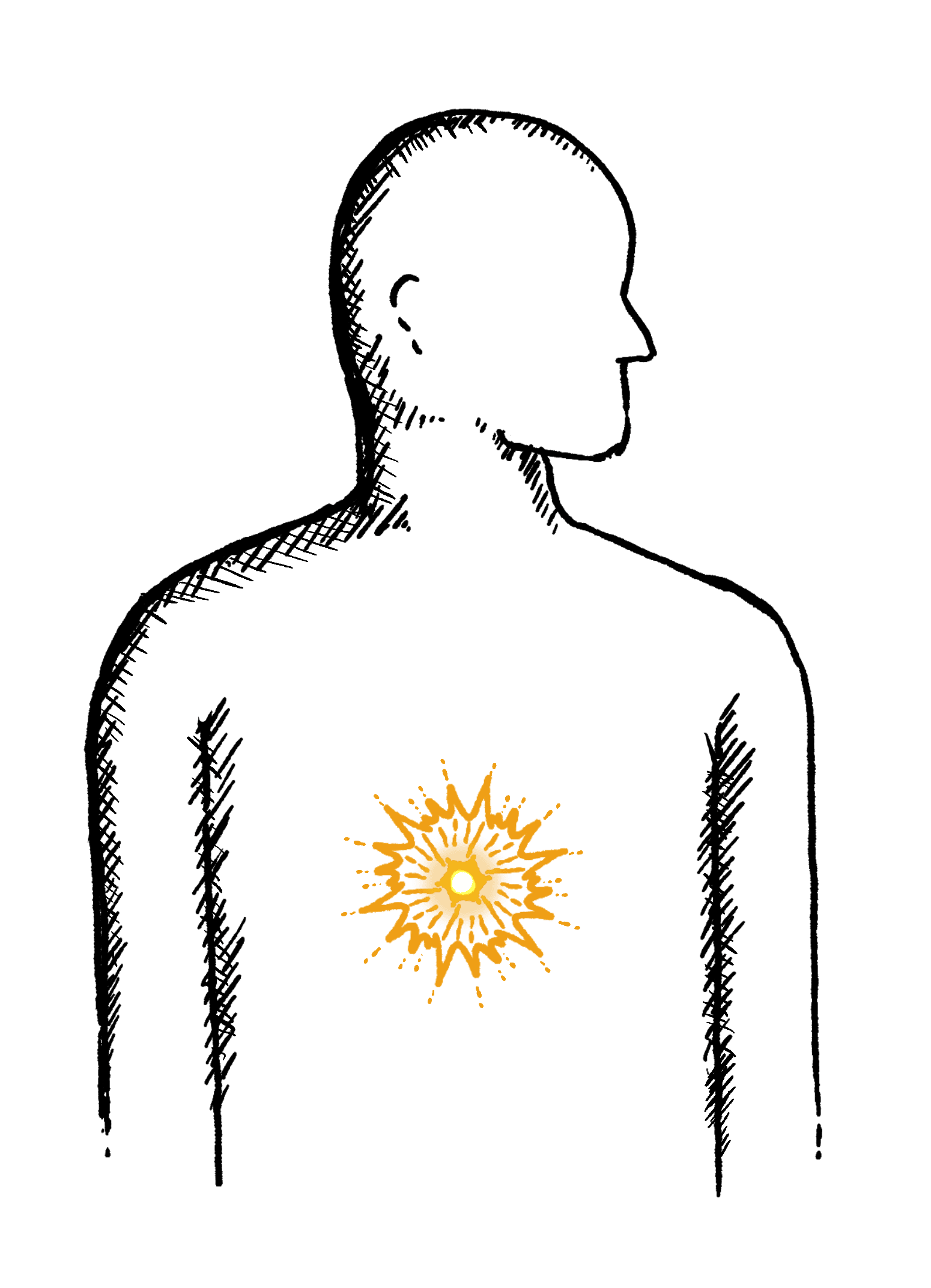
Cramps; sharp or dull pain, Bloating, Excessive belching, Nausea or vomiting
Faecal Incontinence

Stools leak unexpectedly, Can’t get to a toilet in time
IBS
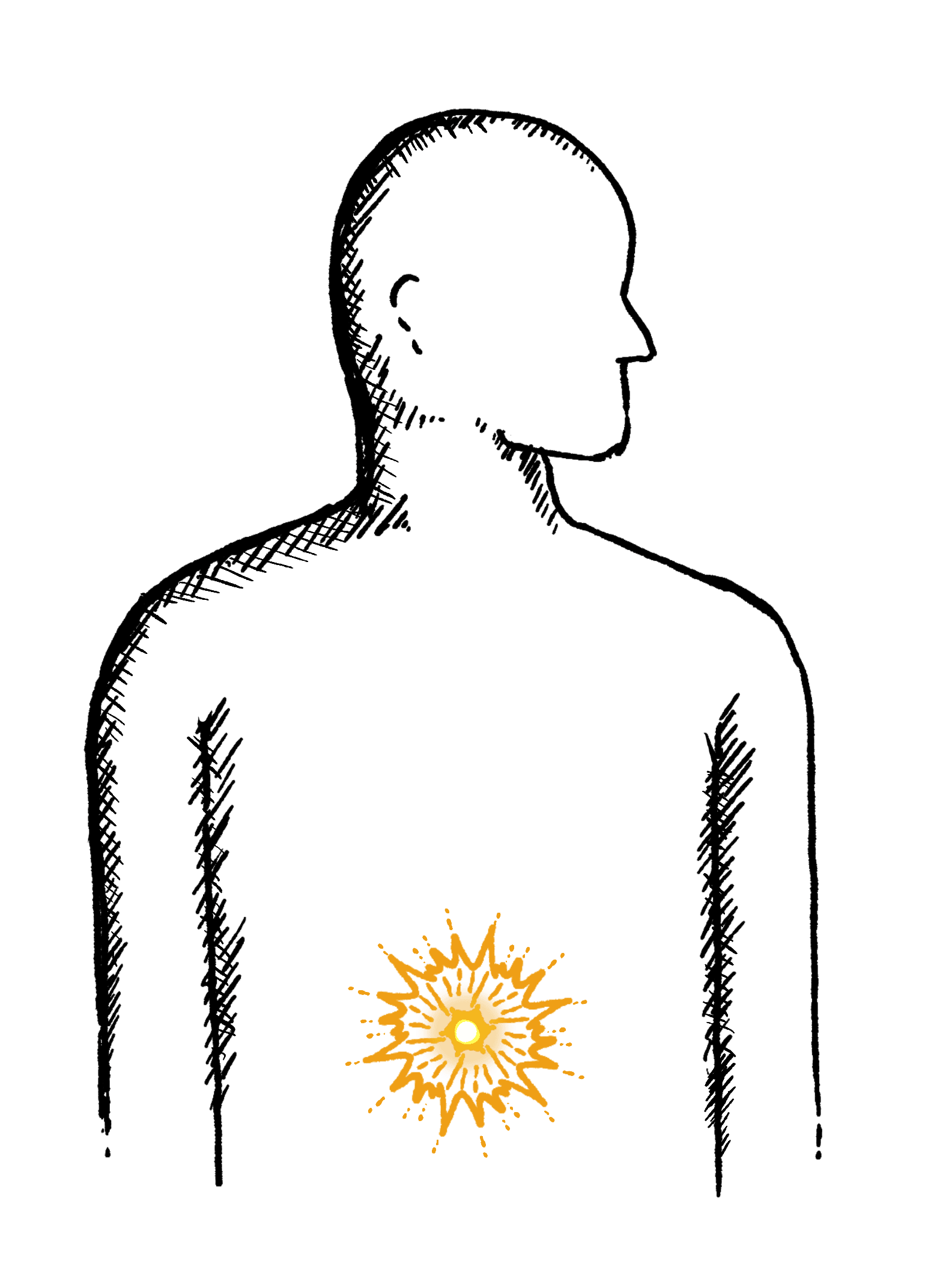
Abdominal pain or cramping, bloating, changes in bowel habits and urgency, gas

